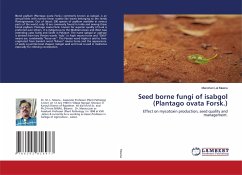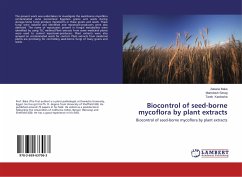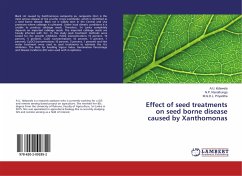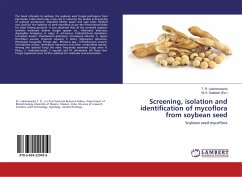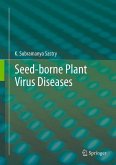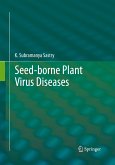Blond psyllium (Plantago ovata Forsk.) commonly known as isabgol, is an annual herb with narrow linear rosette like leaves belonging to the family Plantaginaceae. Out of about 200 species of psyllium available in various parts of the world, only 10 are commonly found in India and among these blond psyllium, Plantago ovata Forsk. known for superior quality of husk is preferred over others. It is indigenous to the Mediterranean and West Asia extending upto Sutlej and Sindh in Pakistan. The name isabgol or asphgol is derived from two Persian words "Isab" or Asph means horse and "Ghol" means ear, combinedly "horse ear". The Persian word Aspha is said to have originated from Sanskrit word "Ashwa" means horse and the appearance of seeds is just like boat shaped. Isabgol seed and husk is used in medicines especially for relieving constipation.

